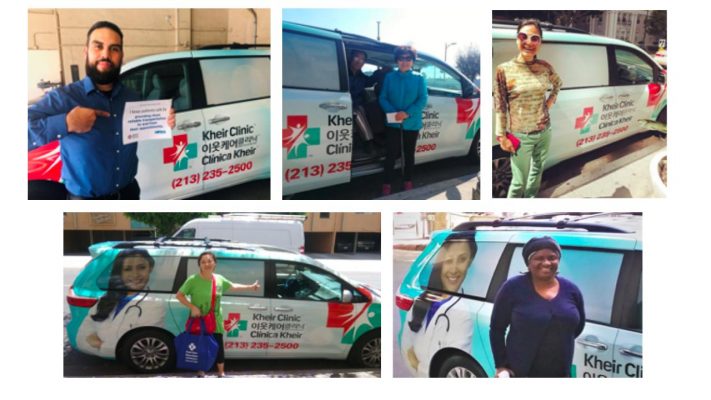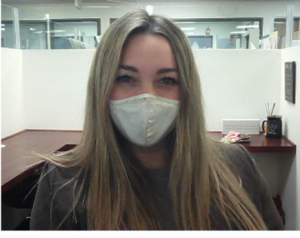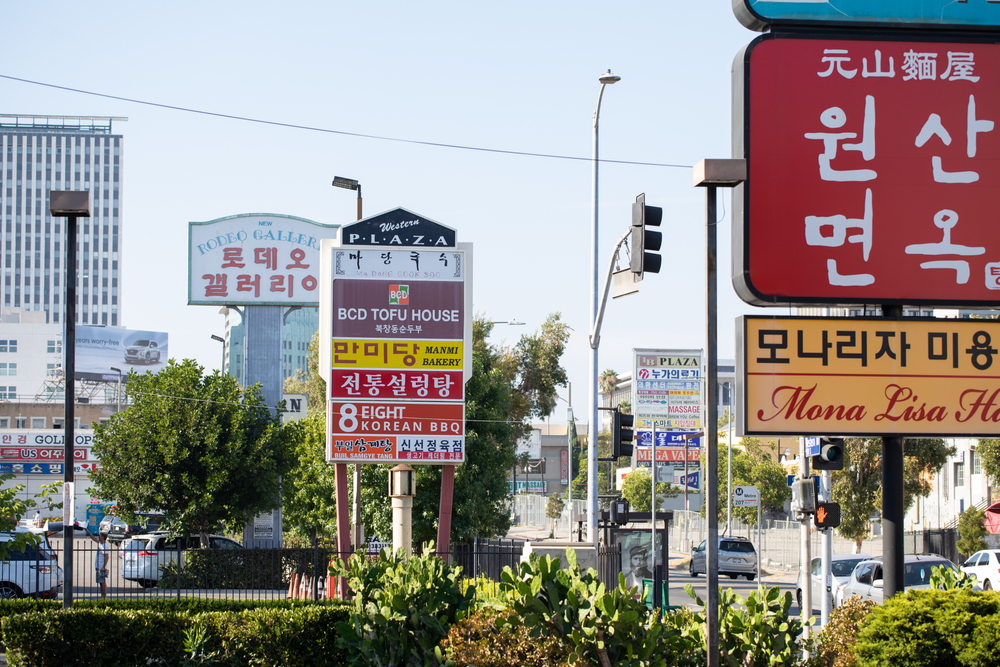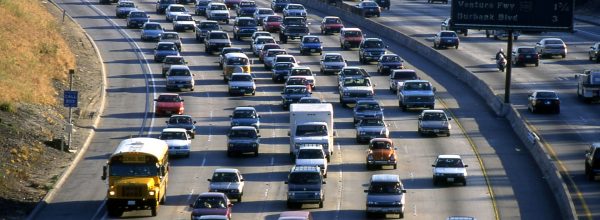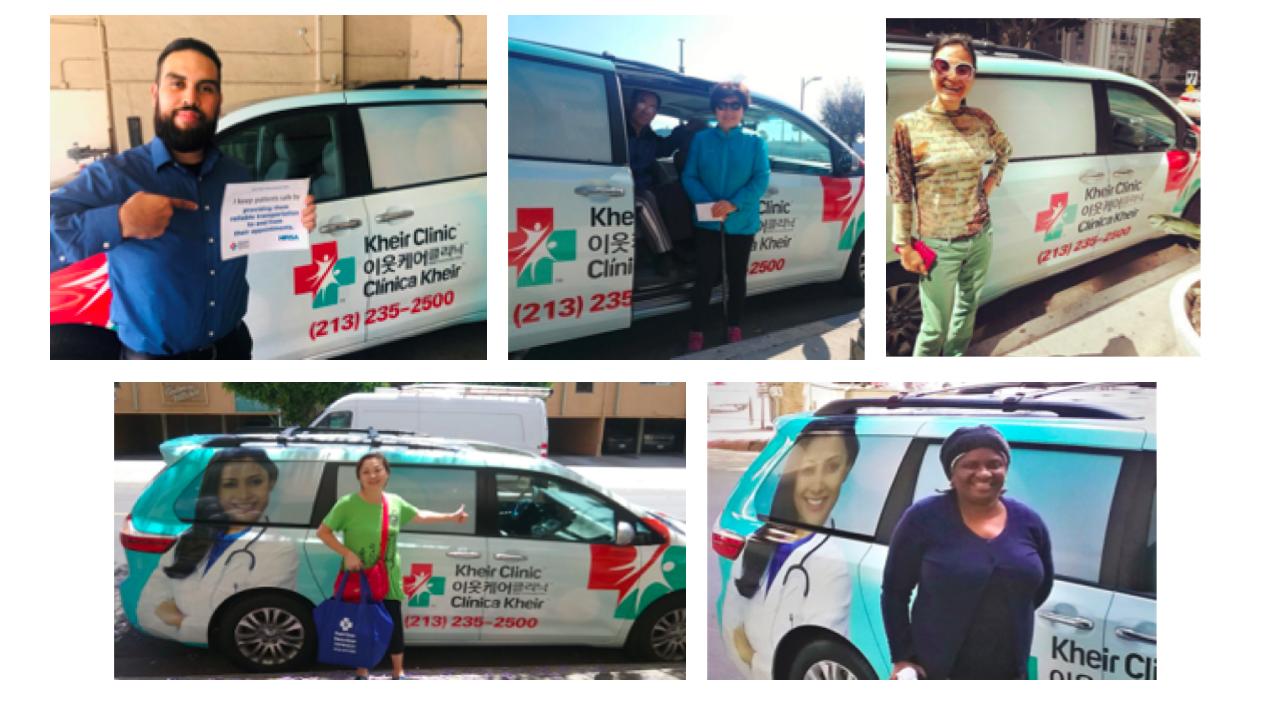
Rule No. 1 when providing patients with a ride service so they can get to their medical appointments: Make sure the patients know about it.
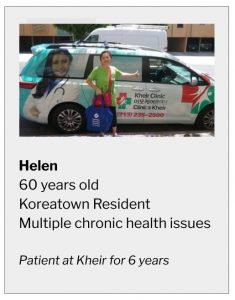 Even after COVID-19 hit, some patients of the Kheir Clinic in Los Angeles still needed to see a doctor in person — and the clinic’s non-emergency medical transportation service proved invaluable. “I didn’t even know that Kheir Clinic had this. They came and picked me up because I don’t have a ride,” says Helen, 60, a Koreatown resident and Kheir Clinic patient of six years with multiple health conditions which make driving impossible. Helen attends Kheir Clinic once a month and finds the clinic van service more convenient, more comfortable, and less confusing than public transit. “Nelson, the driver, is always on time. I have never met such a nice person.”
Even after COVID-19 hit, some patients of the Kheir Clinic in Los Angeles still needed to see a doctor in person — and the clinic’s non-emergency medical transportation service proved invaluable. “I didn’t even know that Kheir Clinic had this. They came and picked me up because I don’t have a ride,” says Helen, 60, a Koreatown resident and Kheir Clinic patient of six years with multiple health conditions which make driving impossible. Helen attends Kheir Clinic once a month and finds the clinic van service more convenient, more comfortable, and less confusing than public transit. “Nelson, the driver, is always on time. I have never met such a nice person.”
Prior to the pandemic, Kheir Clinic patients in Los Angeles’ Koreatown struggled to make their appointments due to transportation barriers, even though they often live close to the health center. Ninety percent of patients in the Kheir Clinic Koreatown service area experience transportation challenges, according to the clinic.
Once COVID-19 was declared a pandemic, Kheir Clinic, a Federally Qualified Health Center that provides linguistically and culturally sensitive healthcare and human services to the underserved and uninsured, transitioned to mostly telehealth services. It saw a dramatic decrease in no-shows and missed appointments, which has had a positive impact on the safety net health clinic’s budget. In 2019, Kheir Clinic had around a 15 percent no-show rate for clinical appointments, resulting in an estimated $1.5 million in lost revenue based on the average reimbursement rate for a clinic visit. That no-show rate has dropped to about 5 percent since the coronavirus crisis began.
 That said, for a small but significant number of patients, a free ride to and from medical appointments was crucial. “The transportation has helped me get home quicker. I usually take the bus and it’s very inconvenient,” says Jorge, 56, a Koreatown resident who has received medical care at Kheir Clinic for 15 years. “The drivers are very patient with me since I walk very slowly and they are very nice and help me get in and out of the van.”
That said, for a small but significant number of patients, a free ride to and from medical appointments was crucial. “The transportation has helped me get home quicker. I usually take the bus and it’s very inconvenient,” says Jorge, 56, a Koreatown resident who has received medical care at Kheir Clinic for 15 years. “The drivers are very patient with me since I walk very slowly and they are very nice and help me get in and out of the van.”
That kind of peace of mind allows patients to have one less thing to worry about, notes Shadman Chowdhury, an enrollment and outreach specialist at Kheir Clinic, who also serves as a driver. Ride shares can be cost prohibitive for the clinic’s low-income clients, he notes. And public transit can be unreliable, he adds, causing patients to be late or miss an appointment. “Something as simple as a ride to the clinic helps us show our patients how much we care for them and their well-being,” explains Noelle Delgado, Kheir Clinic’s former external affairs manager.
It’s an added touchpoint and level of engagement that’s hard to put a price on.

